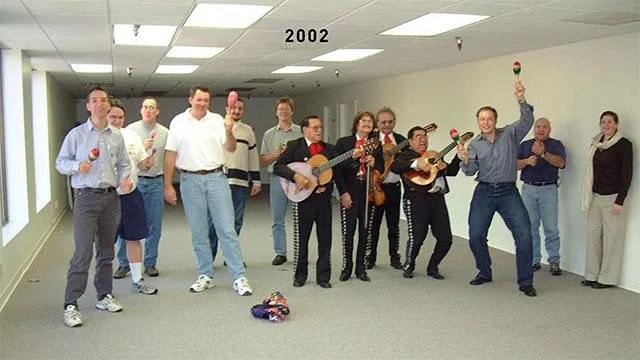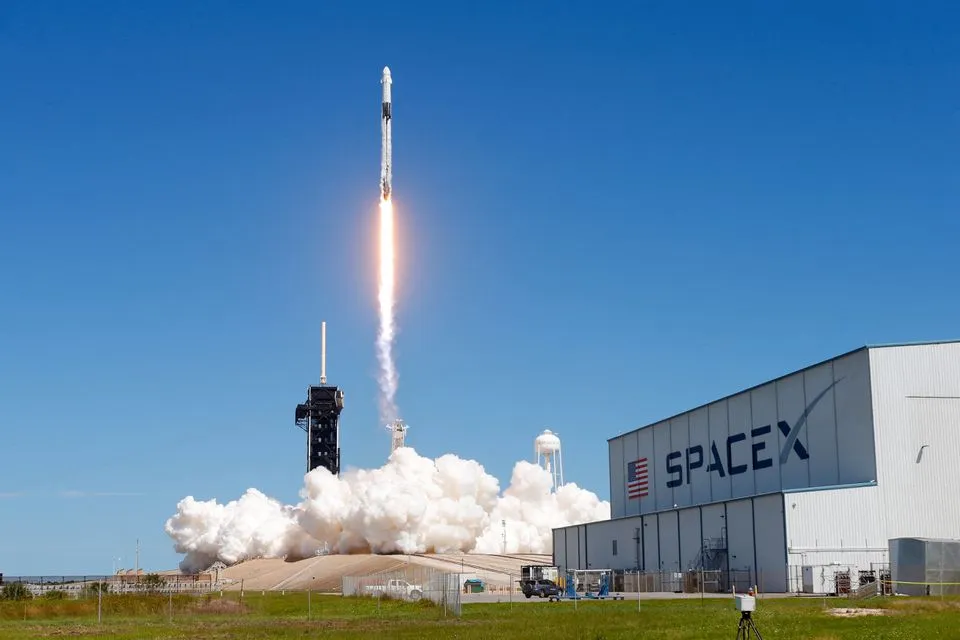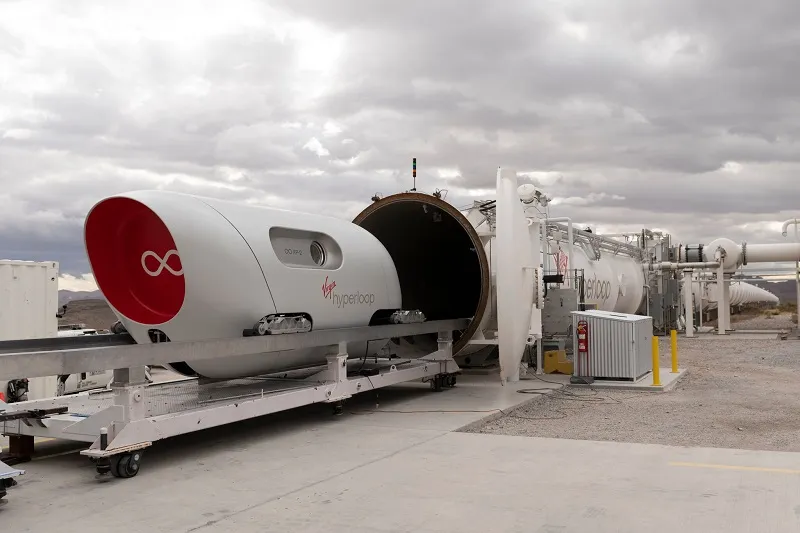
Elon Musk: The Visionary Disruptor Shaping the Future
Elon Musk, the enigmatic and innovative entrepreneur, has become a household name synonymous with cutting-edge technology and ambitious ventures that aim to change the world. Musk has left an indelible mark on various industries, from electric vehicles to space exploration, renewable energy, and artificial intelligence. His relentless pursuit of audacious goals has earned him both praise and criticism, but there is no denying that his vision and determination have reshaped the technological landscape.
Early Life and Childhood.
Elon Musk was born on June 28, 1971, in Pretoria, South Africa, to a Canadian mother, Maye Musk, and a South African father, Errol Musk. As a child, Elon showed an early interest in technology and computers, teaching himself how to program at a young age. However, his childhood was not without challenges, as he experienced bouts of bullying and feelings of isolation.


Education and Early Ventures.
At the age of 17, Elon Musk moved to Canada to attend Queen's University. After completing his studies there, he transferred to the University of Pennsylvania, where he earned dual bachelor's degrees in physics and economics. Following his education, Musk ventured into the business world, co-founding his first company, Zip2, in 1996. The company provided business directories and maps for newspapers and was eventually sold for nearly $300 million.
X.com and the Birth of PayPal.
In 1999, Musk founded X.com, an online payment company. Through a series of mergers and acquisitions, X.com eventually became PayPal, an electronic payment system that revolutionized online transactions. PayPal's success attracted the attention of eBay, which acquired the company in 2002 for $1.5 billion in stock.


SpaceX - A New Frontier.
With the financial windfall from the sale of PayPal, Elon Musk pursued his lifelong passion for space exploration. In 2002, he founded SpaceX (Space Exploration Technologies Corporation) with the goal of reducing the cost of space travel and making humanity a multi-planetary species. The early days of SpaceX were fraught with challenges, including multiple failed rocket launches and financial struggles.
The Falcon 1 Success and Beyond.
In 2008, SpaceX achieved a significant breakthrough when the fourth launch of its Falcon 1 rocket successfully reached orbit. This marked a turning point for the company, which went on to develop the Falcon 9 and Falcon Heavy rockets, becoming a major player in the space industry. SpaceX's contracts with NASA for cargo resupply missions to the International Space Station further solidified its position as a leader in commercial spaceflight.


Tesla Motors - The Electric Revolution.
Elon Musk's interest in sustainable energy and transportation led him to invest in Tesla Motors, an electric car company founded in 2003. In 2008, he took over as CEO and product architect, guiding Tesla's transformation into a major force in the automotive industry. Under Musk's leadership, Tesla released several successful electric vehicles, including the Tesla Roadster, Model S, Model X, and the more affordable Model 3.
SolarCity and Renewable Energy.
In addition to SpaceX and Tesla, Musk co-founded SolarCity in 2006, a solar energy services company focused on providing solar panel installations to residential and commercial customers. SolarCity's mission was to accelerate the adoption of renewable energy and combat climate change. Tesla later acquired SolarCity in 2016, further integrating clean energy solutions into its offerings.


Hyperloop and The Boring Company.
In 2013, Musk proposed the idea of the Hyperloop, a high-speed transportation system that would travel in low-pressure tubes, significantly reducing travel times between cities. While Musk didn't pursue the project directly, his vision inspired various teams and companies to work on developing Hyperloop prototypes. Concurrently, Musk founded The Boring Company in 2016, aiming to build underground transportation tunnels to alleviate urban traffic congestion.
Neuralink and the Human-Machine Interface.
Elon Musk's ventures extended beyond Earth and clean energy. In 2016, he co-founded Neuralink, a neurotechnology company focused on developing brain-machine interfaces (BMIs). Musk envisions Neuralink's technology as a means to enhance human cognition, treat neurological disorders, and potentially merge human consciousness with artificial intelligence.


OpenAI and Artificial Intelligence.
Elon Musk co-founded OpenAI in 2015 with the mission of promoting and developing friendly artificial intelligence for the benefit of humanity. OpenAI conducts research and advocates for safe and ethical AI deployment while addressing concerns about the potential risks of advanced AI technology.
Personal Life and Challenges.
Despite his entrepreneurial success, Elon Musk's personal life has been marked by a series of high-profile marriages, divorces, and public controversies. He has faced criticism for his management style, workaholic tendencies, and public statements on social media, which sometimes resulted in legal and financial consequences.


Elon Musk and Twitter.
Elon Musk bought Twitter in October 2022 for $44 billion. He became the new owner and CEO of the platform, which he said he wanted to transform and promote free speech. He also fired several top managers and laid off half of the staff. The acquisition was controversial and received mixed reactions from the public and the media. Some people praised Musk's vision and reforms, while others feared the potential rise in misinformation, misinformation, harassment and hate speech on Twitter.
Conclusion.
Elon Musk's life journey is a testament to the power of vision, determination, and a relentless pursuit of audacious goals. From his early ventures in online payments to his groundbreaking contributions in space exploration, electric vehicles, and renewable energy, Musk's legacy as a visionary innovator is firmly etched into history. As he continues to push the boundaries of technology and humanity's potential, the world eagerly anticipates the next chapters in the remarkable life of Elon Musk.

eXus Dev 4.8.2023







































